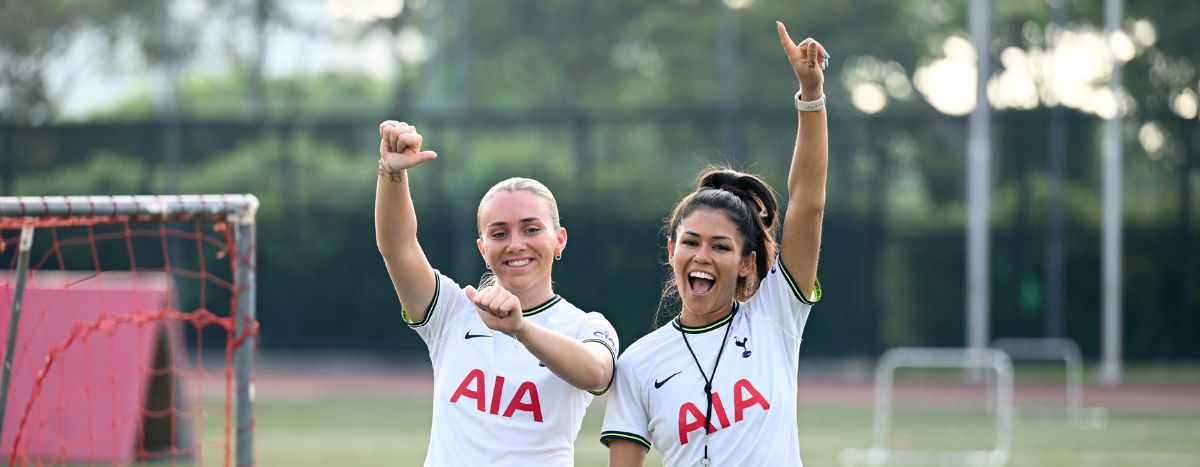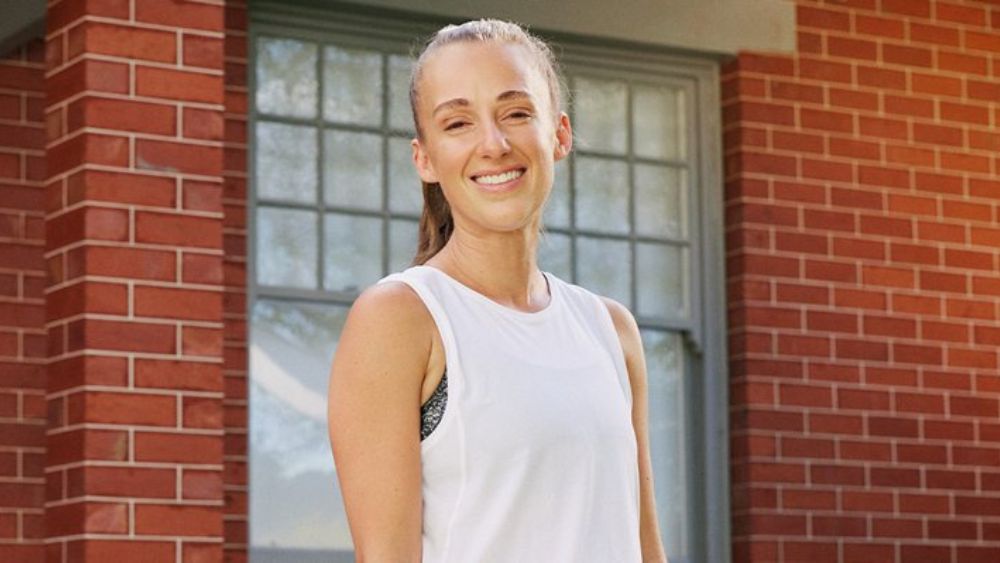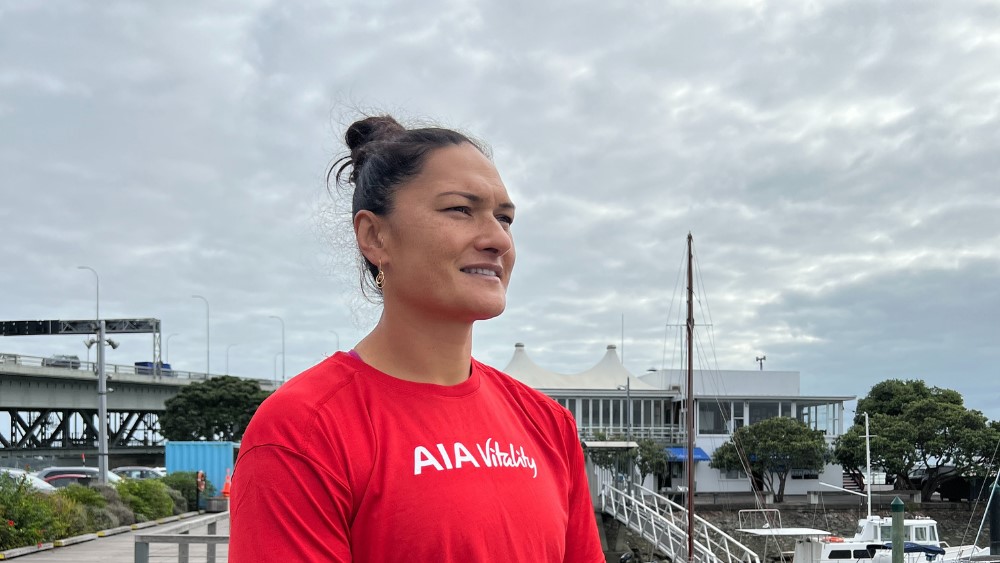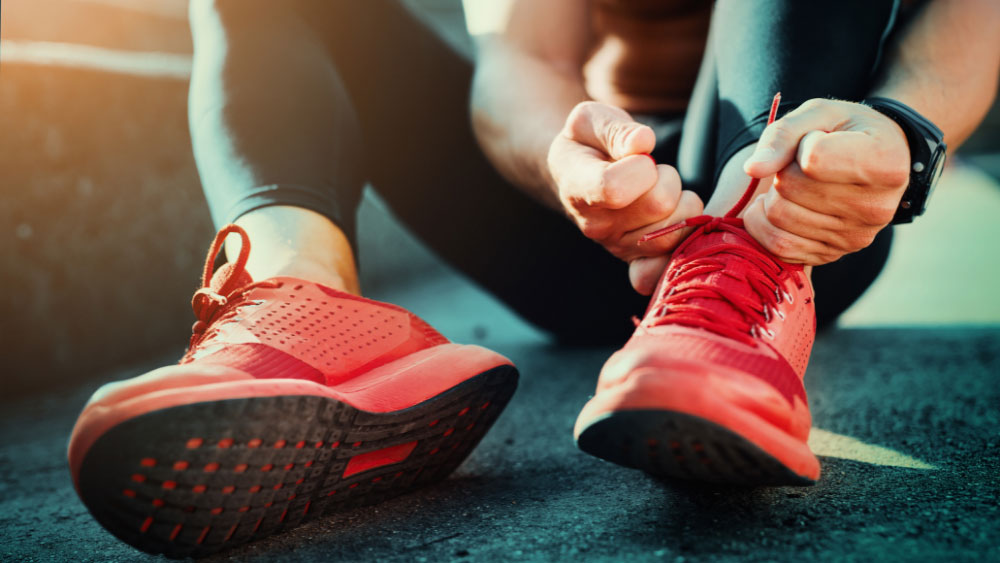“Globally, women have faced significant opposition to their participation in sport for the better part of a century. And despite an increase in participation numbers, female players continue to receive less media attention and funding than their male counterparts.”
“I believe one of the biggest barriers in driving the visibility of women in sport is the lack of opportunity, sponsorship and media coverage of sportswomen. Many sports have male officials, male pundits, male managers, and male staff. By giving women the opportunity to have these roles, it will increase our visibility and our share of voice.
“I really believe closing the gap between male and female sports is imperative for growth for all sporting codes,” Shannon says.
The good news is that in Aotearoa New Zealand, female voices in governance across sport are on the increase, with the number of Sport NZ partner organisations achieving the board gender equity target rising to 91% in 20212.
However, the drop off rate for girls taking part in sport is exponential in New Zealand compared to boys. According to Sport NZ, from age 15, the number of physical activities young women are involved in drops by 29% compared with a drop of 18% for young men3. The type of sports also change for young women, from organised physical activity such as team-based sports, to self-driven activities such as running, pilates and walking.
According to Sport NZ, engagement with sport suffers when fun disappears particularly for moderately engaged young women. Social judgement, body confidence and confidence in abilities all factor into the decision to stop playing sport3. Parents, grandparents, teachers and coaches have a vital role to play as a community of supporters to our young wāhine.
Shannon’s top considerations for communities to support young women in sport are:
- Think about the physical and social environments for young women playing sport – are there any changes you can make to ensure young women feel like they can participate without judgement and expectation?
- How can you bring more fun into training sessions and games?
- Are there any opportunities to strengthen the social connection in the team?
Shannon believes the key for ongoing female participation is to have female role models: “If you can see it, you can be it. Having female-only clubs, leagues, squads and training camps are vital, as it is empowering and inclusive for girls to be around other girls, and to see other women as leaders in sport.”
She also adds the comparison to boys’ ability also continues to have a negative impact “as our bodies and anatomies are completely different and shouldn’t be compared”.
Female athletes not only have to face opposition in their respective sport zones, they also often face negative commentary and online abuse on social media. Shannon notes that negative social media comments often centre around common themes: that the men’s version of the sport is superior, and a female player’s physical appearance is commented on before her performance is considered.
Shannon is also passionate about raising awareness about the role of motherhood in sport, and that female players should not have to choose between a career in sport and having a family. She advocates for more support for women coming back to professional sport after having a baby. “The female human body needs to take time to repair and recover after growing a baby and giving birth, with proper medical advice needed and support systems provided.”
“Male athletes or young males working in sport never have to face an ultimatum to make the choice between parenthood and a career – yet women are still having to weigh this up. An ongoing focus is needed on decent maternity packages which support mothers and enable them when they feel ready to return to work/sport.”
With the world’s pinnacle football competition being hosted in New Zealand in July, it’s a great opportunity for New Zealanders to get behind the Football Ferns and to celebrate our local female athletes.
For more information:
- Sport New Zealand - https://sportnz.org.nz/resources/women-and-girls-action-plan/
- Women in Sport Aotearoa - https://womeninsport.org.nz/
- Te Ara - https://teara.govt.nz/en/gender-and-sport
Footnotes:






